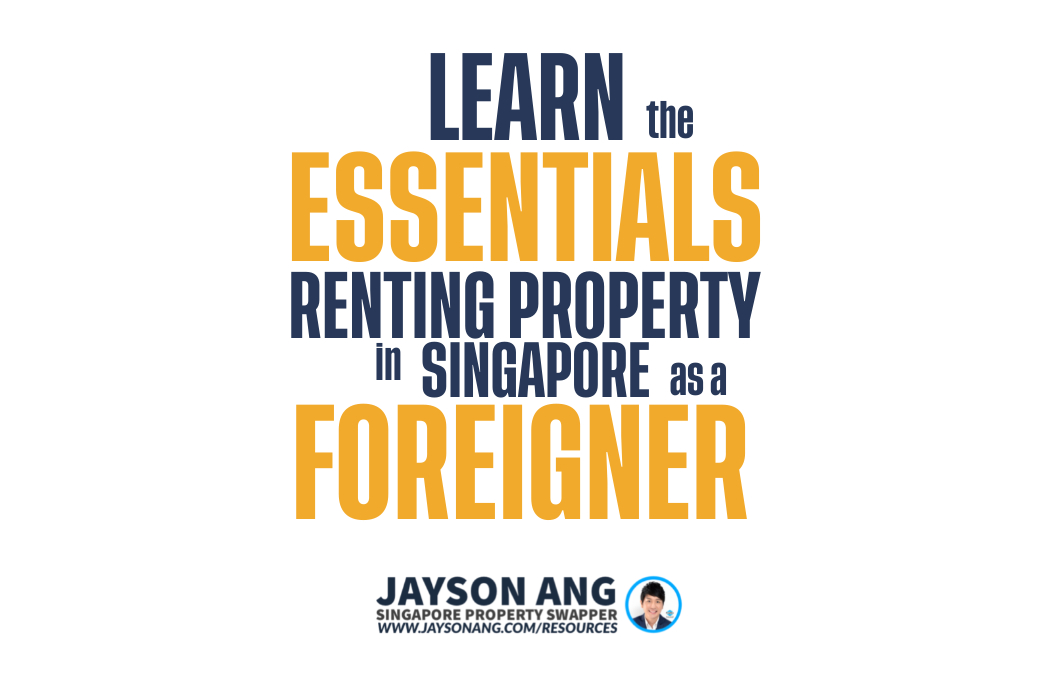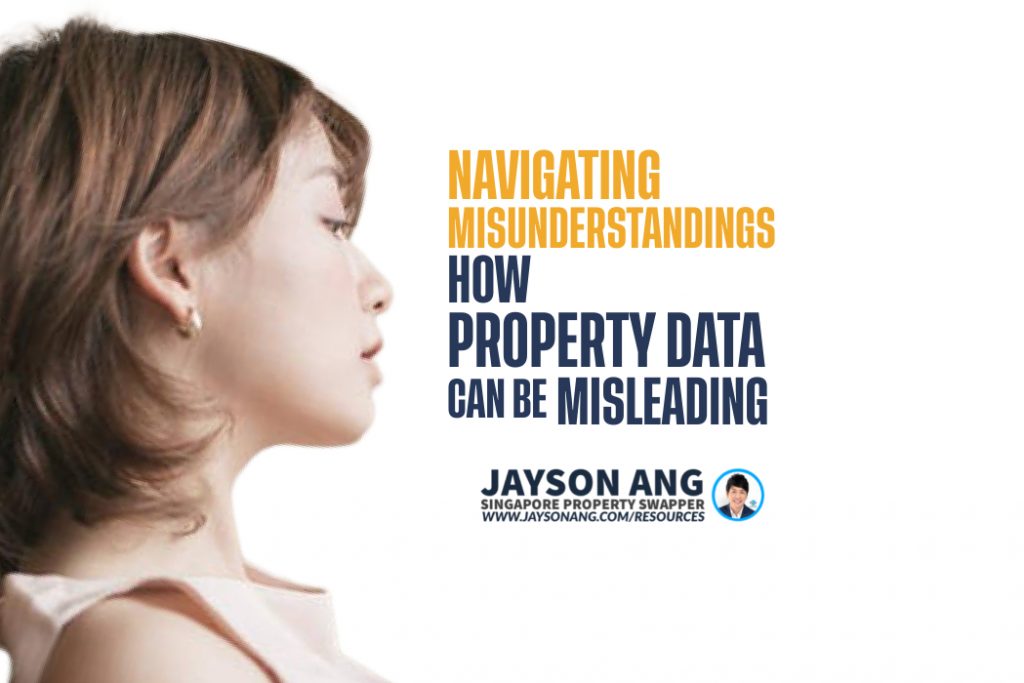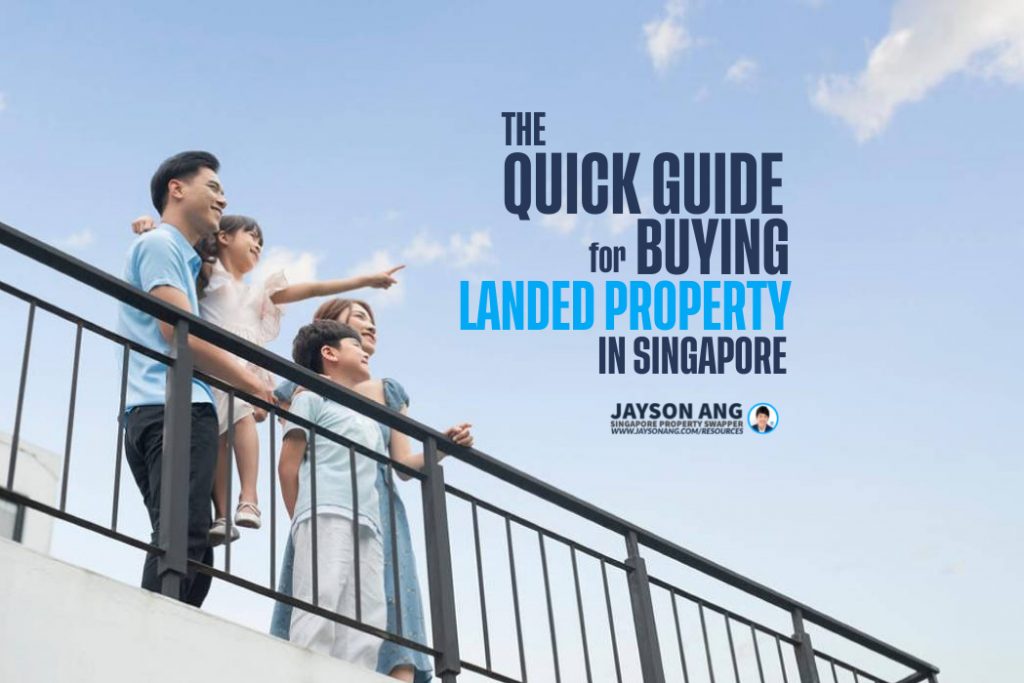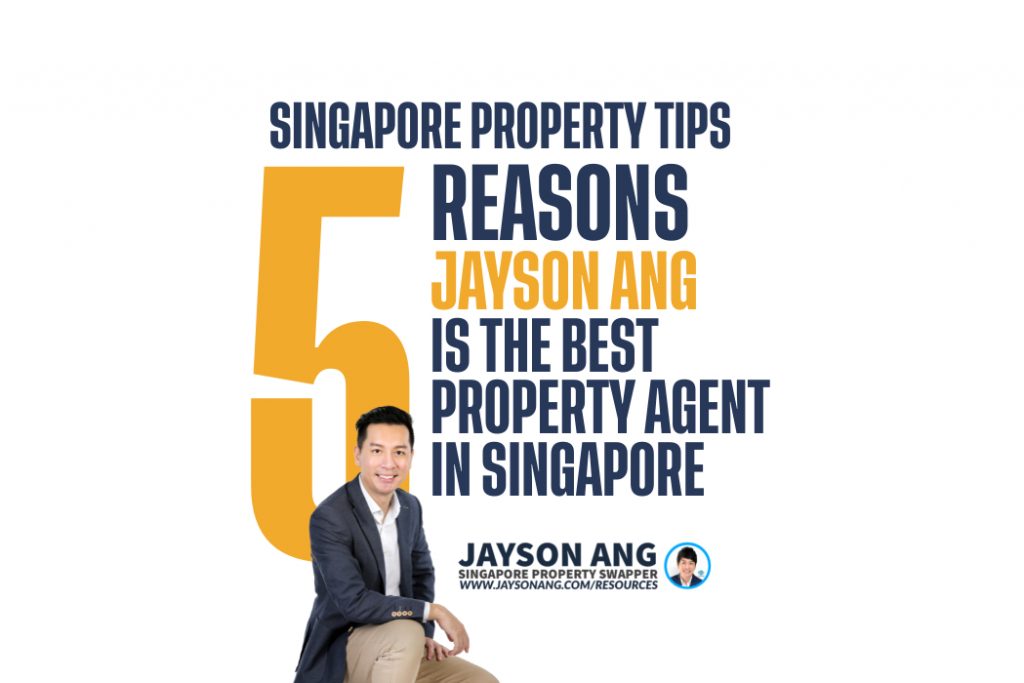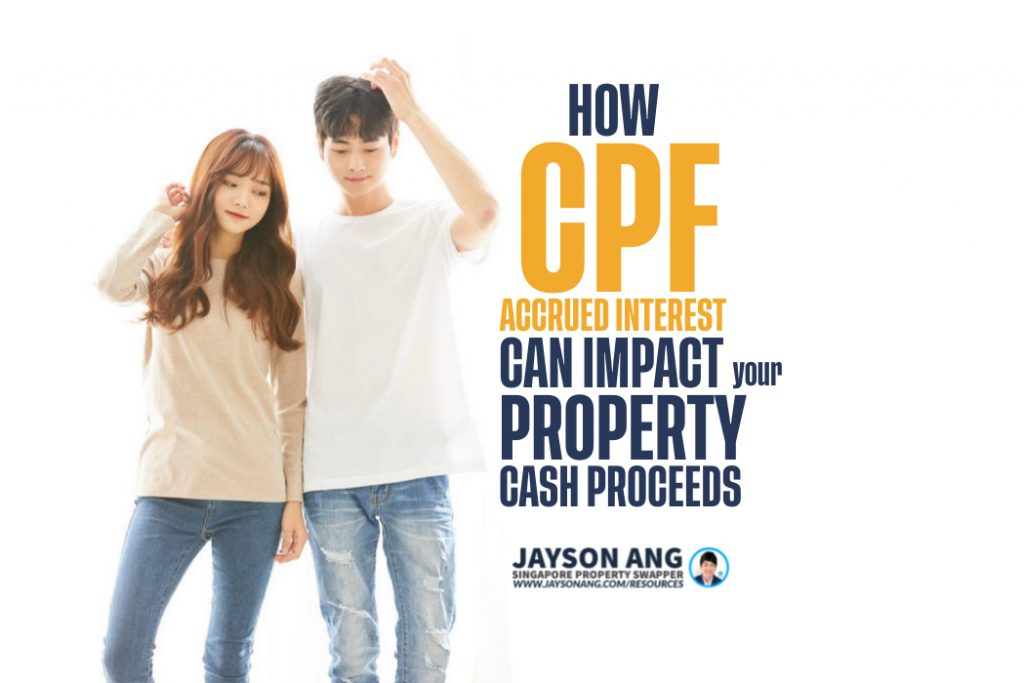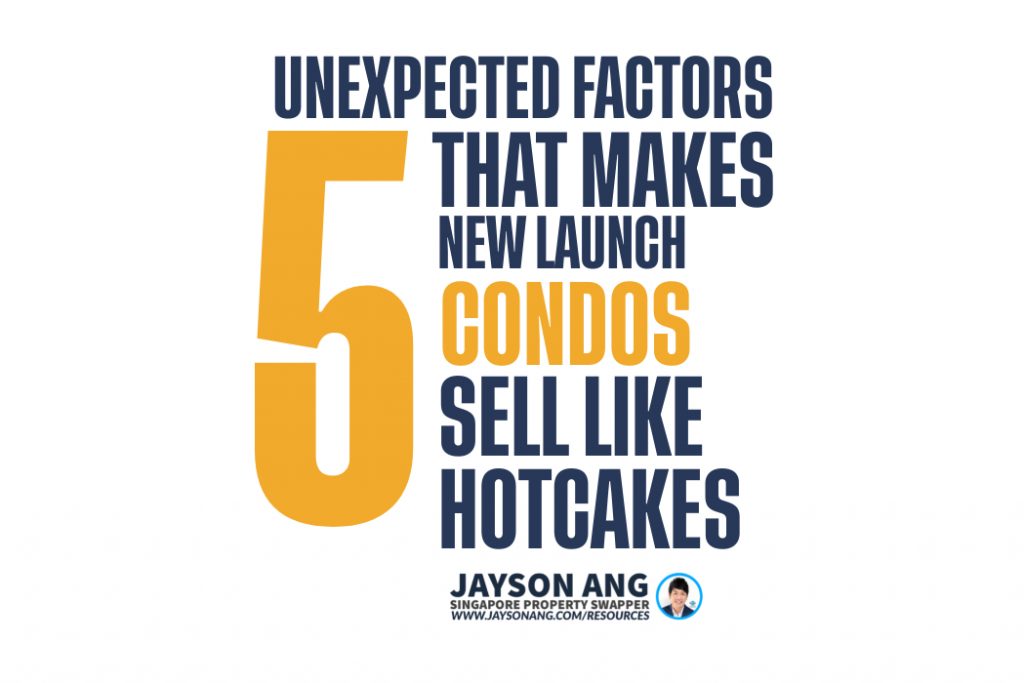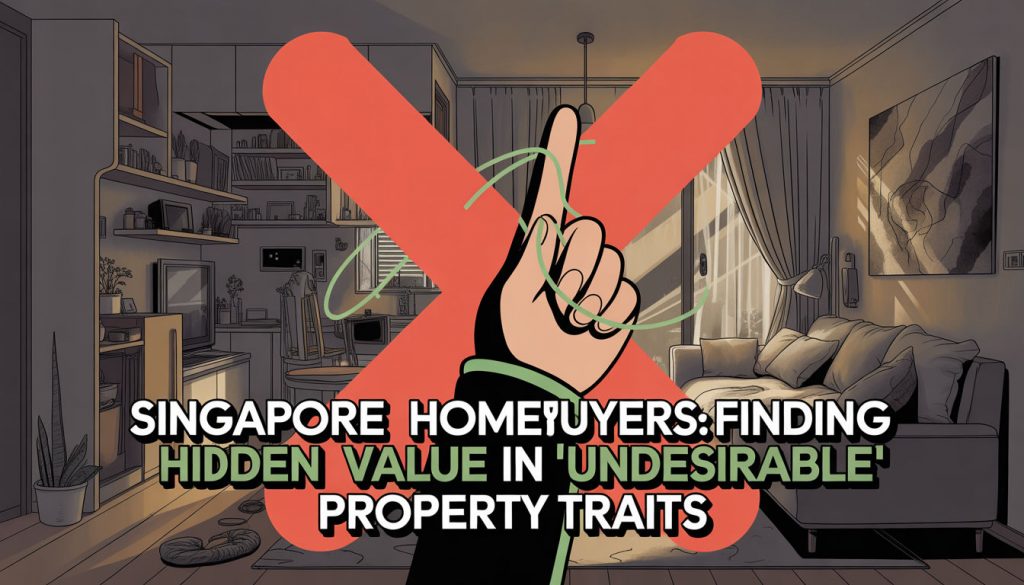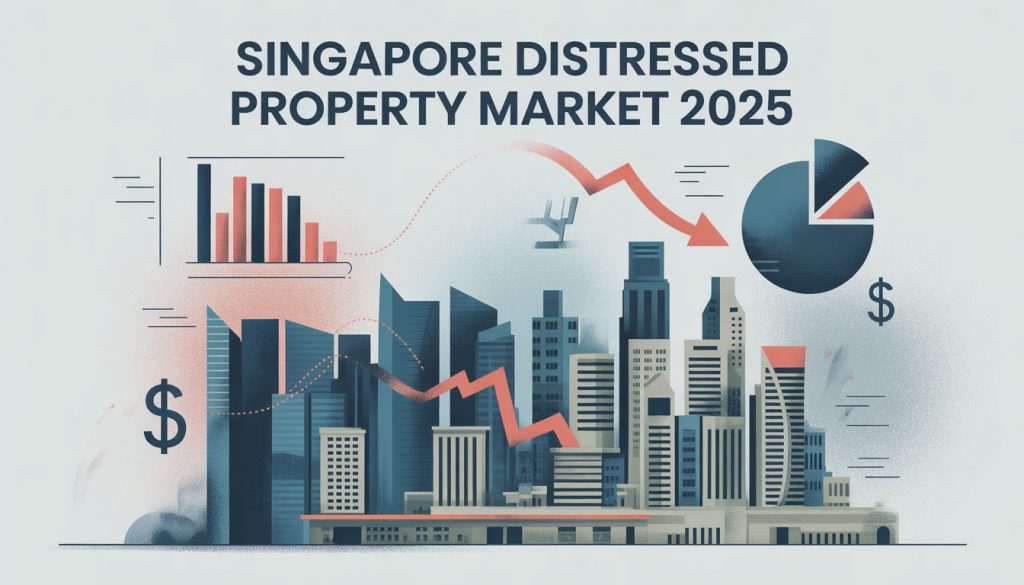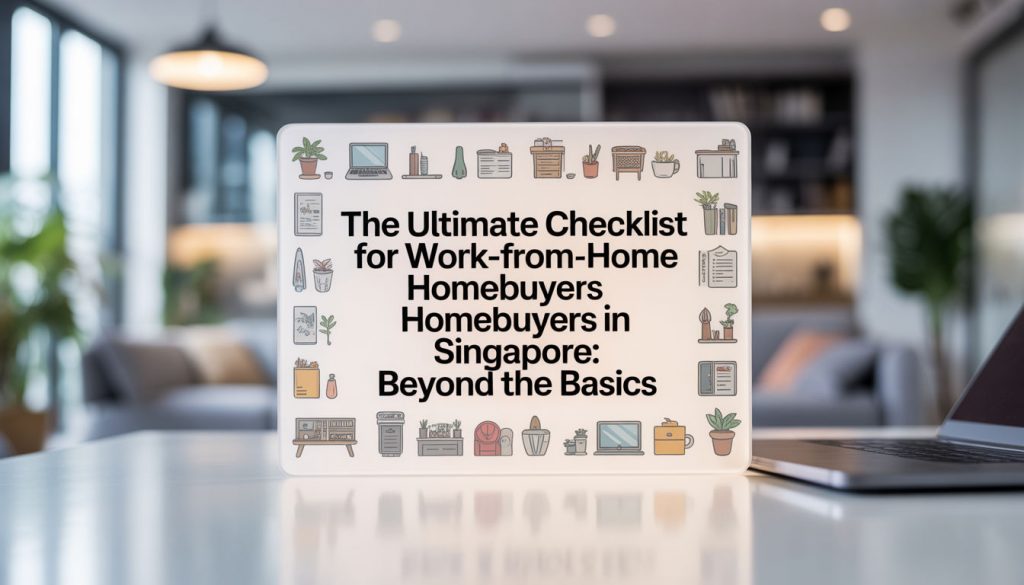TLDR
Navigating the Additional Buyers Stamp Duty (ABSD) in Singapore can be daunting for property investors. To save on ABSD and own multiple properties, consider strategies like joint ownership, decoupling, buying under a child’s name, property trust for children under 21, dual-key layouts, or buying under a trusted friend/family member’s name. Each method has its considerations and implications, such as financial requirements, legal aspects, and potential pitfalls. Understanding these strategies and their nuances can help you make informed decisions and work towards realizing your property ownership goals in Singapore.
Is it really possible to cut costs on ABSD in Singapore? Still eager to snag that dream investment property?
Navigating through the Additional Buyers Stamp Duty (ABSD) can feel like running a marathon with a heavy weight on your back for property investors.
With the ABSD draining a significant portion of potential returns, many are turning their eyes overseas to countries like Malaysia, Japan, or Australia in search of more feasible opportunities.
But is there a secret loophole or workaround?
Fear not, for there are legal strategies to save on ABSD and make your second or subsequent property ownership a reality.
Before we dive into those, let’s do a quick refresher on the ABSD changes as of April 27, 2023 in the sunny city-state.
This additional tax is imposed on top of the standard Buyer Stamp Duty (which currently sits at 3-4% of the property price) for all residential property purchases in Singapore.
Both BSD and ABSD are calculated based on a percentage of the property price or valuation, whichever is higher. And yes, you can tap into your CPF funds to cover the amount, as long as you have enough.
For citizens of Singapore, the first property purchase is exempt from ABSD, while the second property incurs a 20% charge, and subsequent purchases face a hefty 30% rate.
Permanent Residents pay 5% on their first property, followed by 30% on their second and 35% on all subsequent purchases.
Foreigners, on the other hand, face a staggering 60% ABSD on all property purchases, indicating a rise in speculative “hot money” flooding the market.
For those looking to purchase through a company, be prepared for a 65% ABSD rate.
Exceptions are made for United States citizens, who are charged the same ABSD rates as Singaporeans, and citizens or Permanent Residents of Iceland, Lichtenstein, Norway, and Switzerland, who may apply for ABSD remission under certain Free Trade Agreements.
Foreigners should also check with their respective authorities to see if their home country’s taxes will be added on top of ABSD.
Don’t let the ABSD scare you off from your property ownership dreams. With the right knowledge and strategies, you can navigate this hurdle and secure your dream property in Singapore.”
How Do You Save On ABSD & Own Multiple Properties Then?
Unlock the secret to legally save on ABSD with these clever strategies:
1. Unlock the power of joint ownership by purchasing a property under one name and allowing the spouse to buy another under their own name.
2. Free up a name by decoupling an owner from their current property.
3. Harness the loophole of buying “unofficially” under a child over 21 years old.
4. Safeguard your investments by purchasing under a Property Trust with a child under 21 years old.
5. Multiply your potential income streams by considering a property with a dual-key layout.
6. Pool resources and buy under a trusted friend or family member’s name.
Or, think outside the residential box and explore the world of commercial and international real estate for a more lucrative investment option (read on for more details).”
1. Buying Under Only 1 Owner For A Property So That The Spouse Can Buy Another Under Their Own Name
Unlock the Door to Dual Property Ownership: The Easiest Approach for Expanding Your Real Estate Portfolio
When it comes to buying your first home, whether it be a cozy flat or a luxurious condo, there is a simple solution for ensuring both you and your spouse can have a stake in the property. Just avoid listing both of your names as co-owners and instead, designate your spouse as an occupier. This is especially important for HDB flats, where strict regulations require a five-year waiting period before purchasing a private property.
But beware, this approach does come with its drawbacks. By not being listed as an owner, your CPF cannot be utilized and your income cannot be considered for loan applications. This means the listed owner will bear the responsibility of paying the mortgage, leaving you to strategize on how to divide the monthly bills.
But fear not, because when the time comes for your spouse to purchase a private property, they can do so as a first-time home buyer and potentially avoid paying Additional Buyer’s Stamp Duty (ABSD) entirely. Or, at most, only pay five per cent ABSD if they hold a Permanent Resident status. So why limit yourself to one property when there is a creative solution to have two in the family?
The Considerations For This Method Are:
Unlocking the door to homeownership can be a daunting task, especially when it comes to utilizing the coveted CPF Ordinary Account funds. It is important to note that only the sole owner’s funds can be used towards this endeavor.
But fear not, as the key to success lies in meeting the necessary income requirements. This holds true for executive condominiums and HDB flats, where the loan repayments must not exceed 30% of the sole borrower’s gross monthly income, also known as the Mortgage Servicing Ratio.
For those eyeing private properties or resale executive condominiums, the golden rule is to keep the home loan, along with all existing debt obligations, within 55% of the sole borrower’s gross monthly income, known as the Total Debt Servicing Ratio.
In the eyes of the law, the sole owner holds the deed to the property, even if their partner contributes equally or more towards the mortgage. It is essential for all parties to accept this fact and move forward with mutual understanding.
A clever strategy is to have the higher income earner hold the more valuable property, ensuring future portfolio growth plans and potential equity gains. This not only paves the way for financial success but also fosters harmony between the couple.
While simplicity is key, it is crucial for the spouse who may not have a stake in the property ownership to feel at ease with this arrangement. After all, a happy home is the foundation for a prosperous future.
2. Decoupling An Owner From A Current Property To Free Up One Name
Uncover the art of identifying the top-tier properties in the bustling market.
Embrace the clever loophole of property co-ownership transfer between partners.
Unlock the gateway to becoming a first-time homeowner by purchasing a property as the sole owner.
Note that for HDB flats, this clever tactic cannot be applied to married couples as the government has put a stop to such frivolous transfers since May 4, 2016.
Decoupling, a once widely-used method, allowed many married couples to jointly own a property before the implementation of ABSD. However, it simply involves one party buying out the other and is also known as “part-sale” or “part-purchase”.
With the tightening of TDSR and loan limits, new permutations have emerged.
For instance, purchasing a private property as tenants-in-common allows for a split ownership of 99-1, utilizing both parties’ income and CPF funds for mortgage payments.
But in the future, when funds allow for a second property investment, the exiting party can sell their 1% share to their spouse, incurring a smaller BSD that can be paid through CPF.
However, if the transfer happens within 3 years, a cash payment will be needed for the additional SSD.
Before taking the plunge into Singapore’s property market, here’s a checklist to consider:
This is why most people avoid a 50-50 split, as it would lead to higher stamp duty fees.
Other fees involved in the decoupling process include conveyancing fees for appointing two lawyers (one for the seller and one for the buyer) and potentially mortgage restructuring fees and penalties.
Once the sale is finalized, the exiting party can then purchase a new property as a first-time buyer, without incurring ABSD.
No need to wait for the decoupling process to be completed before diving into the new property market.
The Considerations For This Method Are:
Ensuring a smooth and hassle-free property decoupling process can be a daunting task, but it’s a necessary one. Not only must you have enough funds to return the exiting party’s CPF and accrued interest, but you must also have the financial means to take over the full loan on your own. However, fear not! There are various creative financing techniques, such as pledging assets and other unorthodox methods, that can help you achieve this.
Now, before you get too excited, let me warn you that some of these methods may not sit well with the authorities. So, for the purpose of avoiding any unnecessary heat, I won’t delve into them here. But don’t worry, I will cover some of the “document-able” methods in a separate article on creative financing techniques.
In addition to handling your financial matters, it’s crucial to consider property wealth planning solutions that can save you on ABSD (Additional Buyer’s Stamp Duty) and optimize your returns on investment. But let’s not stray too far from the main topic.
It’s important to understand that a joint property ownership structure, such as 99-1, may not accurately reflect the reality of the situation. For example, you may be the one paying the bulk of the mortgage, even if you only hold a 1% stake. While this may not seem like a big deal during the purchasing process, it can become a significant issue in case of disputes or divorce.
To decouple your property, you will need the assistance of two conveyancing law firms, which can take around 4-6 weeks and cost a total of S$5,000-6,000. However, I must caution you to be diligent in choosing the right conveyancing lawyers.
Not all lawyers specialize in conveyancing, and some may claim to do so when they only have a handful of experience. Hiring the wrong expertise could result in more financial and emotional pain than you can imagine. So, choose wisely and work with experienced and up-to-date conveyancing lawyers.
3. “Unofficially” Buying Under A Child’s Name
Imagine this scenario: your child, who is over 21 years old, decides to purchase a private property under their own name. However, you provide the financial support for the down payment. Sounds simple enough, right? But beware, this seemingly straightforward plan could lead to unexpected complications down the road.
The first potential pitfall is that your child now officially owns a private property, which could affect their eligibility for certain benefits. For instance, if they were to get married and buy their own private property, you may find yourself in a tricky situation of having to dispose or transfer the property back to you, all while footing the bill for Additional Buyer’s Stamp Duty (ABSD).
Even if your child decides to opt for a Build To Order (BTO) flat or an Executive Condominium, they would still have to sell the private property at least 30 months before their application, requiring careful planning ahead of time.
But wait, there’s more! As of 30th September 2022, those who dispose of a private property must also endure a waiting period of 15 months before being eligible to purchase a non-subsidized resale flat, as part of the government’s property cooling measures.
In fact, one of my clients had a unique predicament where their son-in-law became irate upon learning that they couldn’t apply for a BTO flat because his wife owned a small one-bedroom apartment gifted to her by her father. The couple couldn’t sell the property due to Seller Stamp Duty and a lack of profit, which ultimately affected their future plans.
The second issue to consider is whether your child can even qualify for a mortgage loan. As their parents are not the owners, their income cannot be included in the loan application. If your child is not employed, this may not be a viable option, unless there are some “un-documentable” workarounds.
Finally, there is the issue of trust. Your child now legally owns the property, which means they have the authority to make decisions such as selling it, using it as collateral for a loan, or even deciding who can live in it. This could potentially lead to family disputes, some of which may even escalate to the point of legal action.
So, before jumping on the bandwagon of using your child’s name to save on ABSD, it is crucial to discuss and anticipate all potential issues that may arise in the future. As I have learned through experience, open communication and addressing potential pitfalls can provide clarity and reassurance for both you and your child in the long run.
4. Buying Under A Property Trust for children below 21 years old
But here’s where it gets interesting – you can even establish a property trust for your child under 21 years old, with yourself as the Trustee. Legally speaking, the property you purchase belongs to your child, not you. This means it won’t be counted towards your property limit, saving you from the dreaded Additional Buyer’s Stamp Duty (ABSD).
*Important update: Starting from 27 April 2023, the ABSD rate for trusts has been increased to a whopping 65%. However, fear not, as compliant trusts can still receive a partial or full refund of this amount.
But wait, there’s a catch. You must pay the full 65% ABSD upfront and apply for a refund within 6 months of signing the sales and purchase agreement. That’s why it’s crucial to have a skilled conveyancing lawyer who knows the ins and outs of creating eligible trusts, to avoid unnecessary losses.
And the benefits don’t end there. In the unfortunate event of bankruptcy, your property under the trust will be safe from debtors as it is legally not yours.
But before you dive into this treasure trove of opportunities, there are a few things to keep in mind when choosing a new launch investment. Firstly, remember that the property and any income or proceeds from it belong to your child, not you. And secondly, banks do not provide loans for properties under trusts, so be prepared to pay the full amount in cash along with Buyer Stamp Duties.
For the risk-takers out there, you may be wondering – why not set up a trust under your child who is above 21? Unfortunately, this loophole is not supported by conveyancing law firms, as it would be seen as avoiding ABSD.
So, if you’re ready to embark on this journey of property investment through trusts, remember to choose your lawyer wisely and explore all the potential opportunities that come with it.
5. Consider A Property With A Dual-Key Layout
Unleash the potential of a dual-key layout – a property split into two distinct units, each with their own entrance. While there are various versions of this layout, the most coveted design features a common entrance that diverges into two separate, partitioned havens.
Dwell in one unit and reap the benefits of renting out the other, or relish in extended family living with increased privacy – imagine your in-laws occupying one unit while you luxuriate in the other.
As a dual-key unit is considered a single property, you can bypass the hassle of purchasing a second unit. However, keep in mind that this layout may result in a slight loss of living space, as it requires additional utility rooms like a second bathroom or a secondary kitchen for the adjacent unit.
While it’s true that dual-key units may come at a slightly higher price per square foot, this may vary depending on the project and is not always the case.
Before diving into renovations, it’s wise to consult with an Interior Designer or contractor, as dual-key units may have limitations in terms of customization. Unleash the potential of a dual-key layout and create your dream home today!
6. Buying Under A Trusted Friend or Family Member’s Name
Although a popular route among investors, it is not without its perils. Legally, you have no claim to ownership in the property, leaving you vulnerable if your trusted friend or family member turns out to be less than honorable.
Pursuing legal action may prove futile, as the questionable motives behind this arrangement will be scrutinized. In fact, if the sole purpose was to evade stamp duties, the entire contract is deemed illegal and unenforceable in court. This not only poses a risk to your finances, but can also strain relationships.
Furthermore, investing in commercial and industrial real estate is a whole different beast that requires extensive research and understanding. Each segment, from shophouses to offices, carries its own set of risks and rewards, making it a niche market not suited for everyone. However, the absence of Additional Buyer’s Stamp Duty (ABSD) and potential for higher rental yields can be tempting.
Keep in mind, however, that the potential for capital appreciation may not be as lucrative as with residential properties, unless you’re lucky enough to score a prime shophouse. So before taking the plunge, make sure you’re ready to dive into the world of commercial and industrial real estate.
Which Method Works Best For You?
Just as there isn’t a one-size-fits-all approach to financial planning, there isn’t a one size fits all approach. Rather, the optimal strategy for each individual is determined by a unique blend of factors, such as their financial standing, familial dynamics, and future aspirations.
For those seeking to take their real estate game to the next level, there are advanced structuring tactics available that involve a delicate balance of both documentable and undocumented techniques. These strategic layers not only allow for increased property ownership and higher financing opportunities, but also provide opportunities for tax savings and reduced expenses.
Alas, while these methods may hold great potential, their intricate nature makes them better suited for tailored, individualized guidance rather than mass dissemination.
Should You Buy, Sell or Wait?
If you’re reading this, you must be trying to figure out the best course of action right now: is it the right time to buy or sell?
It’s difficult to give an exact answer since everyone’s situation is unique and what works for one person may not necessarily work for you.
I can bring you a wealth of on-the-ground experience and a data-driven approach to provide clarity and direction. From beginners to experienced investors, our top-down, objective approach will help you on your real estate journey.
I can help you by:
- Offering Strategic Real Estate Advice – I can help create a comprehensive plan to guide you through your property journey.
- Connecting Your Home with the Perfect Buyers – Through stunning visuals, an effective communication strategy, and an in-depth knowledge of the market, we’ll ensure your home is presented in the best possible way to fulfill your goals.
You May Also Like …



